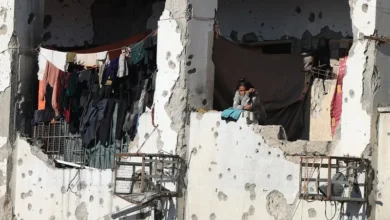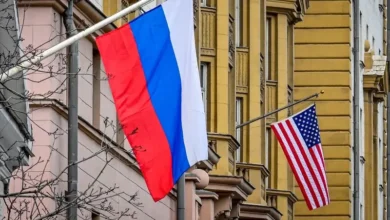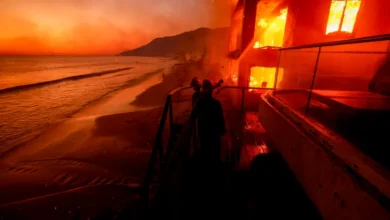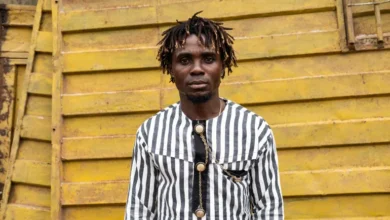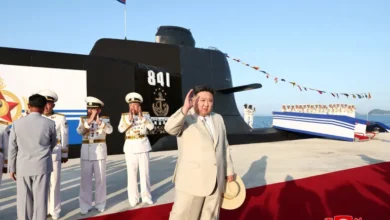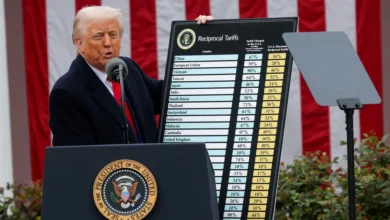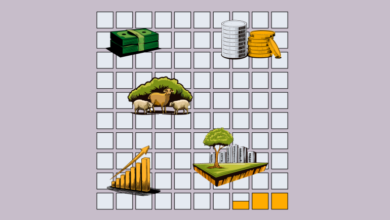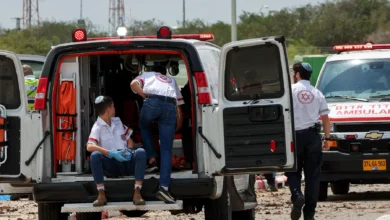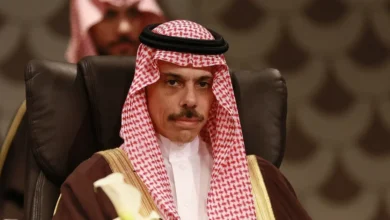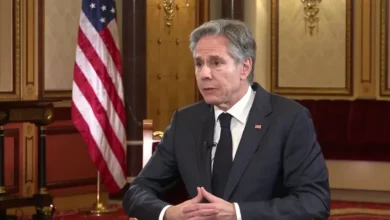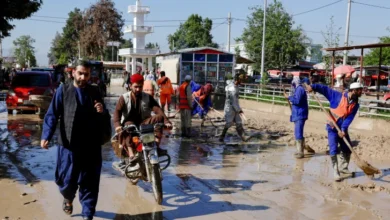Why did rumours of a coup sweep Ivory Coast this week?
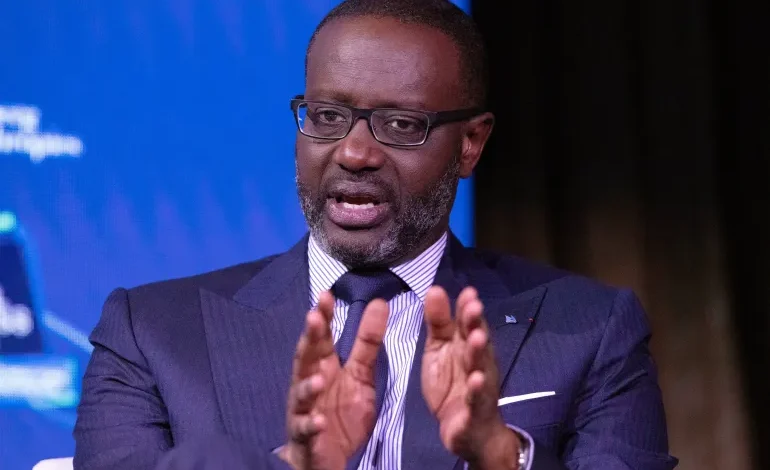
Fake stories of a coup d’etat in the West African nation of Ivory Coast surfaced this week amid mounting tensions over the upcoming October general elections.
Several accounts on social media sites, including Facebook and X, posted videos of huge crowds on streets with burning buildings, which they claimed were from the country’s commercial capital, Abidjan.However, no violence was reported by security forces or any other government authorities in the city this week. Abidjan residents also denied the claims on social media.
On Thursday, the country’s National Agency for Information Systems Security of Ivory Coast (ANSSI) denied the rumours.
In a statement published on local media sites, the agency said: “Publications currently circulating on the X network claim that a coup d’etat has taken place in Cote d’Ivoire [Ivory Coast] … This claim is completely unfounded. It is the result of a deliberate and coordinated disinformation campaign.”
The rumours come just weeks after popular opposition politician Tidjane Thiam was barred from running for office after his eligibility was challenged in court over a technicality relating to his citizenship status. Thiam is appealing the ruling and claims the ban is political.Ivory Coast, Africa’s cocoa powerhouse, has a long history of election violence, with one episode a decade ago spiralling into armed conflict that resulted in thousands of deaths.
Fears that President Alassane Ouattara might run for a fourth term have added to the tensions this time. Although the country has a two-term limit for presidents, a constitutional amendment in 2016 reset the clock on his terms, the president’s supporters argue, allowing him to run for a third five-year term in 2020. That same argument could also see him on the ballot papers this October, despite what experts say is widespread disillusionment with the political establishment in the country.
Here’s what we know about the current political situation in the country:How did the coup rumours start?
Videos showing hundreds of people demonstrating in the streets and setting fires to shops and malls started appearing on social media sites on Wednesday this week. French is the official language in Ivory Coast, but most of the posts and blogs with images purporting to be from were from Abidjan and claiming that a coup d’etat was in progress were written in English.Some posts also claimed that the country’s army chief of staff, Lassina Doumbia, had been assassinated and that President Ouattara was missing. These claims were untrue and have been denied by the office of the president. Credible media outlets, including Ivorian state media and private news media, did not report the alleged violence.
It is unclear how the rumours that President Ouattara was missing emerged. On Thursday, he chaired a routine cabinet meeting in the capital. He also attended a ceremony commemorating the revered former president, Felix Houphouet-Boigny, alongside Togolese President Faure Gnassingbe.Why are there political tensions in the country?
The upcoming general elections on October 25 are at the root of current political tensions in the country.
Elections have in the past been violent: During the October 2010 general election, former President Laurent Gbagbo refused to hand over power to Ouattara, who was proclaimed the winner by the electoral commission.
Tense political negotiations failed, and the situation eventually spiralled into armed civil war, with Ouattara’s forces, backed by French troops, besieging Gbagbo’s national army. France is the former colonial power in Ivory Coast, and Ouattara has close ties to Paris.
Some 3,000 people were killed in the violence. Gbagbo’s capture on April 11, 2011, marked the end of the conflict. He was later tried and acquitted by the International Criminal Court (ICC) for war crimes in 2019.
That painful history has spurred fears that this year’s polls could also turn violent, as several opposition candidates, including Gbagbo, have been barred from running, mainly due to past convictions. In 2018, the former president was sentenced in absentia to a 20-year jail term over the looting of the Central Bank of West African States (BCEAO) during the country’s post-election crisis.
